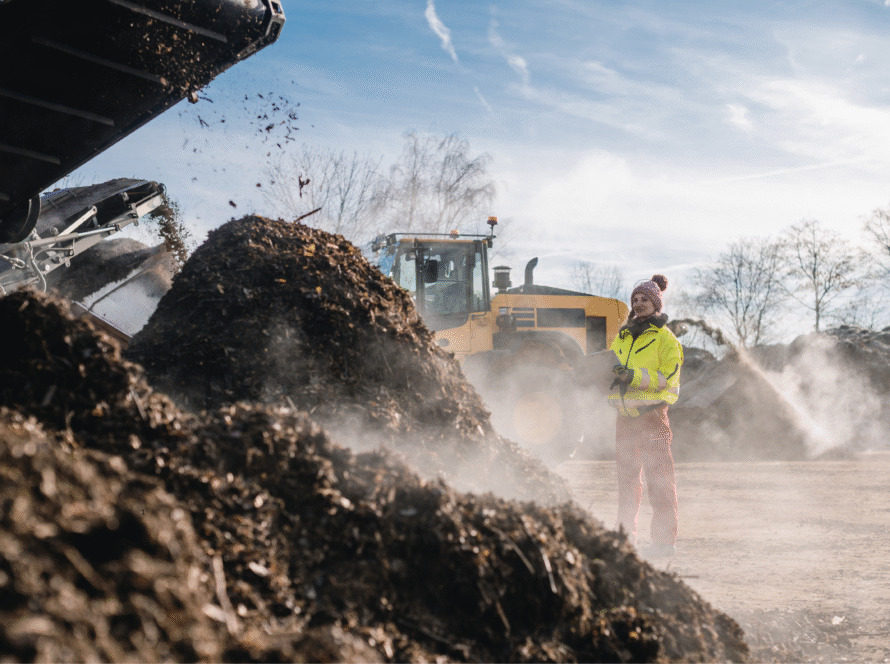Not just in packaging. But in storage, logistics, daily operations, back-of-house workflows—the list goes on.
And in the UAE, where regulations around single-use plastics are tightening, this oversight can become expensive fast. From Abu Dhabi’s ban on single-use plastic bags to Dubai’s integrated sustainability targets, businesses are under more pressure than ever to track, reduce, and justify their material choices.
But here’s the thing:
You can’t reduce what you don’t measure.
So how do you audit your plastic footprint?
Step 1: Track Everything That Comes In
For one week, document every plastic item that enters your operations. This includes:
- Packaging (film wrap, containers, cutlery, bags)
- Shipping materials (bubble wrap, plastic pallets)
- Cleaning supplies (bottles, gloves, dispensers)
- Employee-use items (takeaway boxes, water bottles)
Tip: Assign this task to your procurement or operations team and use a shared spreadsheet to log it all.
Step 2: Categorise By Use and Volume
Break down the data into clear categories:
- Front-of-house: What the customer sees (bags, cups, straws)
- Back-of-house: Staff operations and storage
- Supply chain: How your vendors ship products to you
Then estimate usage per month or quarter.
Step 3: Identify the Hidden Costs
Don’t just look at how much plastic you use. Ask:
- How much does it cost to dispose of this waste?
- Are there client complaints tied to packaging?
- Is inventory piling up due to poor packaging efficiency?
A UK study found that switching to sustainable packaging reduced reorders and replacements by over 40% for certain product categories.
Step 4: Use Free Tools to Benchmark
You don’t need to guess. Tools like:
- WWF Plastic Footprint Calculator
- WRAP’s Business Resource Efficiency Hub
can help you estimate your environmental impact more accurately.
Step 5: Make the Switch Strategically
Once you identify the biggest plastic hotspots, here’s how to act:
- Start small: Switch one high-usage item like bags or cutlery
- Find local suppliers: Reduce import delays and carbon emissions
- Verify certifications: Look for MOCCAE, EN13432, or BPI compliance
- Don’t fall for greenwashing: Avoid vague “biodegradable” claims that don’t mention breakdown conditions
What UAE Businesses Often Miss
- Catering and events are huge plastic offenders
- Cleaning materials in plastic containers go unnoticed
- Third-party delivery platforms often enforce unsustainable default packaging
- Team lunches and internal events usually rely on disposables
The Bigger Picture
Regulations are tightening. Customers are watching. And sustainability isn’t just good PR anymore—it’s a compliance and profitability lever.
Businesses that proactively audit and adapt will save money, reduce waste, and build stronger reputations.
Ready to Take the First Step?
Acuflex helps UAE-based businesses switch to certified, scalable, and actually sustainable alternatives—from compostable packaging to refillable cleaning systems.
Talk to our team or explore our product range here.




